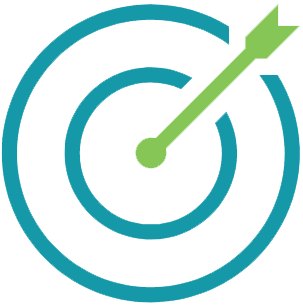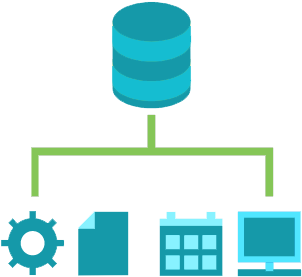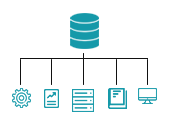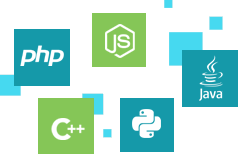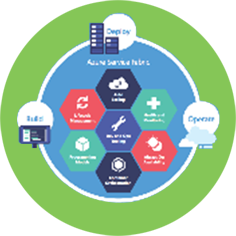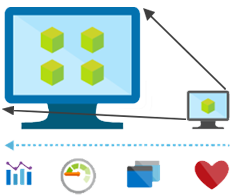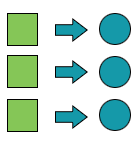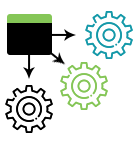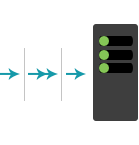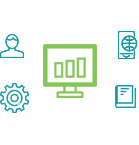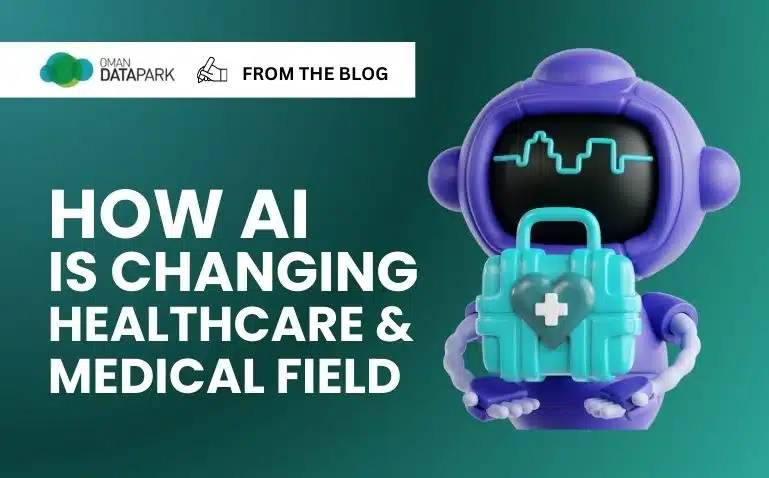
The healthcare sector in Oman is undergoing a significant transformation, with Artificial Intelligence (AI) at the forefront of these advancements. AI has moved beyond being a futuristic concept to becoming a key player in improving patient care, streamlining hospital operations, and advancing medical research.
The combination of AI into healthcare is not just about adopting new technology it’s about reshaping the way healthcare services are delivered to make them more accessible, efficient, and effective.
Below are the key areas where technology is making a difference:
1. Improve Diagnoses and Accuracy
AI-assisted diagnostic solutions are innovating the ways illnesses are diagnosed and treated. These systems analyze medical data such as X-rays, MRIs, and other test results with unmatched precision.
By identifying patterns and abnormalities that might be overlooked by human professionals, AI helps detect conditions like:
- Cancer
- Heart diseases
- Diabetes
In Oman, the use of AI in radiology and pathology is already making a difference, making sure faster and more accurate diagnoses. This not only saves time but also significantly improves patient outcomes by initiating treatments at the right time.
2. Personalized Patient Care
One of AI’s most significant contributions to healthcare is its ability to provide personalized treatment plans. AI analyzes a patient’s medical history, genetic data, and lifestyle to recommend treatments tailored to their specific needs. This approach minimizes trial-and-error in treatments, reduces side effects, and increases the effectiveness of medical interventions.
In Oman, this is particularly beneficial for managing chronic diseases like diabetes, which require ongoing and precise care. Personalized healthcare confirms that every patient receives the attention they need for better recovery and long-term health management.
3. Streamlining Hospital Operations
Hospitals and clinics in Oman are increasingly adopting AI systems to improve their operational efficiency. Tasks such as appointment scheduling, patient documentation, and inventory management are now being automated, freeing up healthcare professionals to focus more on patient care.
AI systems also optimize resource allocation, verifying that hospital staff, equipment, and supplies are utilized effectively. This results in reduced waiting times for patients and more streamlined workflows for medical staff.
4. Expanding Access Through Telemedicine
AI is playing a crucial role in expanding healthcare access in remote and underserved areas of Oman. With the rise of telemedicine, patients can now consult doctors without traveling long distances.
AI-powered platforms facilitate video consultations, remote monitoring, and even virtual diagnostics. For patients in rural areas, this means access to specialized care that was previously unavailable.
Telemedicine also benefits urban centers by reducing the burden on hospitals and enabling faster consultations for non-emergency cases.
5. Driving Medical Research and Innovation
AI is revolutionizing medical research by providing tools to analyze vast amounts of data quickly and accurately. This has led to faster development of vaccines, treatments, and innovative therapies.
In Oman, AI is actively supporting efforts to address prevalent health conditions and create solutions tailored to the needs of the local population.
Here’s how AI is driving advancements in medical research:
1. Accelerated Drug Development: AI can process biological data and simulate drug trials, reducing the time and cost needed to develop new medicines.
2. Predicting Treatment Outcomes: AI can forecast how individuals are likely to respond to specific treatments, enabling more effective healthcare planning.
3. Localized Research: AI helps researchers in Oman study regional health trends, such as the prevalence of diabetes or cardiovascular diseases, to develop targeted solutions.
4. Global Health Challenges: AI is contributing to the fight against pandemics by supporting vaccine research, predicting virus mutations, and improving outbreak response strategies.
5. Efficient Clinical Trials: AI streamlines clinical trial processes by identifying suitable candidates, monitoring patient responses, and checking trials run smoothly.
Using advanced technology in medical research, significant progress is being made to improve healthcare outcomes and tackle both local and global health challenges.
6. Strengthening Cybersecurity and Data Management
As healthcare systems become more digitized, the need for robust cybersecurity is critical. AI-powered systems are helping hospitals in Oman protect sensitive patient data from cyber threats.
AI technology makes sure that patient records remain confidential and secure, By detecting vulnerabilities and preventing unauthorized access
Advanced data management tools simplify the organization and retrieval of medical information, making healthcare services more efficient.
7. AI in National Healthcare Projects
Oman’s government is actively promoting the integration of AI into the healthcare sector. Initiatives like the Oman Health Exhibition and Conference 2024 have highlighted the importance of AI in improving healthcare delivery.
Programs such as the National Center for Virtual Health are paving the way for remote healthcare services powered by AI, bringing specialized care to every corner of the country.
Overcoming Challenges with AI
AI is helping Oman address challenges such as a shortage of healthcare professionals and the growing demand for services. By automating routine tasks and improving efficiency, AI allows hospitals to manage larger patient loads without compromising the quality of care.
Furthermore, AI tools are enabling better planning and resource allocation, ensuring that healthcare facilities are equipped to meet the needs of the population.
8. Overcoming Challenges with AI
Technology is helping Oman address challenges such as a shortage of healthcare professionals and the growing demand for services. It allows hospitals to manage larger patient loads without compromising the quality of care, by automating routine tasks and improving efficiency.
Here are 3 more ways advanced tools are overcoming these challenges:
1. Virtual Assistants for Patient Interaction: Virtual assistants can handle initial patient queries, guide them through appointment bookings, and provide basic medical advice. This reduces the burden on frontline staff and confirms faster service for patients.
2. Predictive Analytics for Resource Management: Tools that forecast patient admissions and resource requirements help hospitals prepare for high-demand periods, making sure they have the right staff, equipment, and supplies available.
3. Training and Skill Development: Technology-based training programs and simulations help upskill healthcare workers, enabling them to handle more complex tasks efficiently.
Oman’s healthcare sector is better equipped to meet the needs of its growing population while maintaining high standards of care.
Why AI is Essential for Oman’s Healthcare Future
The use of AI in Oman’s healthcare system is not just about adopting new technology it’s about reimagining how care is delivered. Personalizing treatments, streamlining operations, and expanding access to services, AI is setting a new standard for healthcare in the country by improving diagnosis accuracy.
For healthcare providers in Oman, now is the time to adopt these advancements. Partnering with organizations like Oman Data Park, we offer secure and scalable IT solutions, that can confirm a smooth transition to AI-powered healthcare services.
The journey toward smarter healthcare is just beginning, and Oman is poised to lead the way with innovative solutions that prioritize patient care, efficiency, and accessibility.










